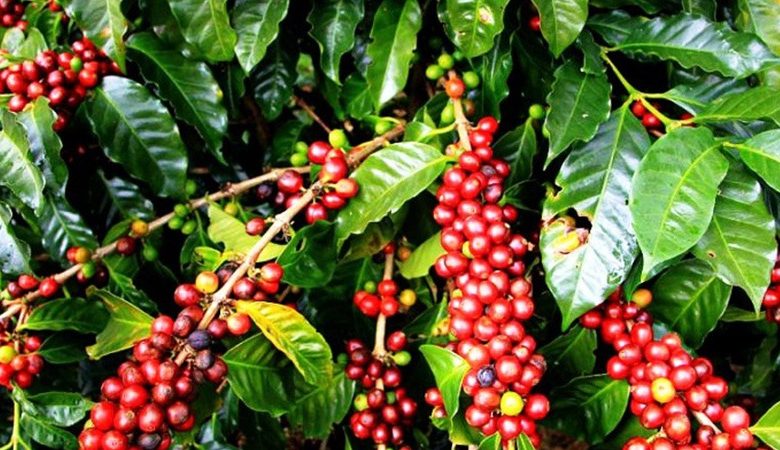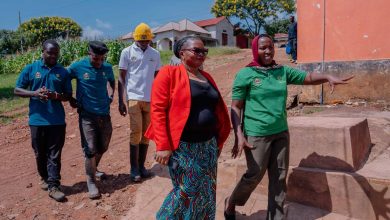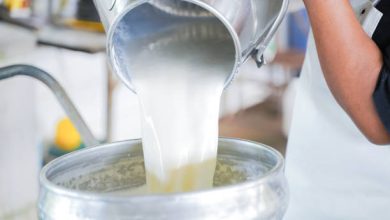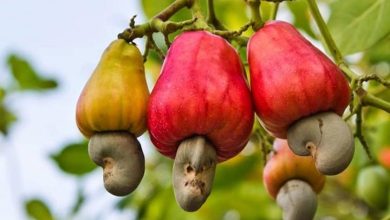Kagera uses GPS to register coffee farms

BUKOBA: KAGERA Region has taken bold steps to transform agriculture by registering coffee farms using GPS coordinates in line with European Union Deforestation Regulations (EUDR). Almost 90 per cent of Tanzania’s coffee is sold in the EU.
Launching the programme, Kagera Regional Commissioner Fatma Mwassa directed the eight councils—Muleba, Bukoba DC, Biharamulo, Ngara, Karagwe, Kyerwa, Missenyi and Bukoba MC to collaborate with the Tanzania Coffee Board (TCB) and village leaders to ensure the exercise succeeds.
“Coffee is the region’s economy. Every effort should be made to restore its pride. All councils must work with TCB and village leaders to make this exercise a success,” she said.
Ms Mwassa said about 250,000 farmers engaged in Robusta coffee farming will be covered, with their farms registered using GPS coordinates.
They will also receive “Kadi Janja” cards enabling them to secure loans from financial institutions during pre-season.
TCB Zonal Manager Mr Edmond Zani said enumerators will undergo three months of training before being deployed to verify farms using GPS.
Kagera produces 50,000– 60,000 tonnes of Robusta coffee, accounting for nearly 50 per cent of Tanzania’s total. Over the next five years, the strategy is to reach 70,000 tonnes.
Ms Mwassa highlighted the need to involve youth in coffee production, noting that the Ministry of Agriculture recently allocated five new tractors, while 300 youths have been given land in Makongora village, Muleba District, for coffee farming.
ALSO READ: How National Coffee Development Plan 2020/21 – 2024/25 worked
The region has set aside about 10,000 new hectares for coffee production, which will be allocated to youths, each receiving one hectare and improved seedlings free of charge.
Plans are underway to establish 4,000-hectare block farms in Karagwe and Muleba Districts.
Tanzania has made significant progress in coffee production over the past three years due to competitive global prices, access to credit for inputs and a strong cooperative structure enabling accurate statistics. During the 2020/21 season, Kagera produced 78,309 tonnes.
Production dropped to 45,534 tonnes in 2021/22, rose to 73,745 tonnes in 2022/23 and reached 53,492 tonnes in 2023/24.
Last season, 54,203 tonnes worth 256.4bn/- were produced. The EUDR, which came into force in 2023, aims to prevent products linked to deforestation from being sold in the EU.
It requires companies to prove that products are deforestation-free and comply with producer-country laws.





